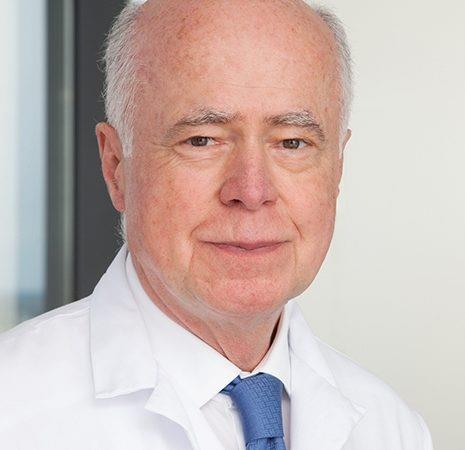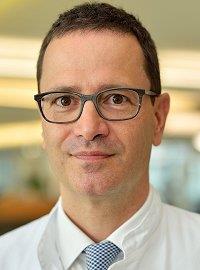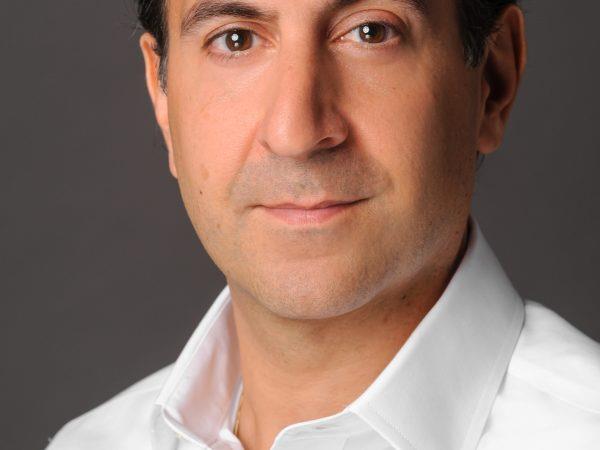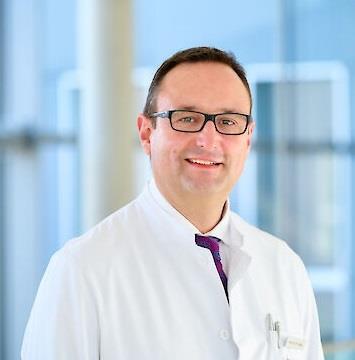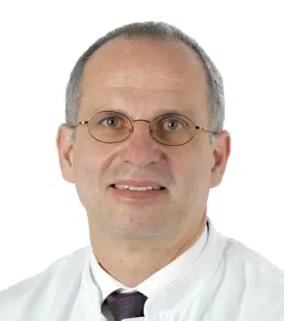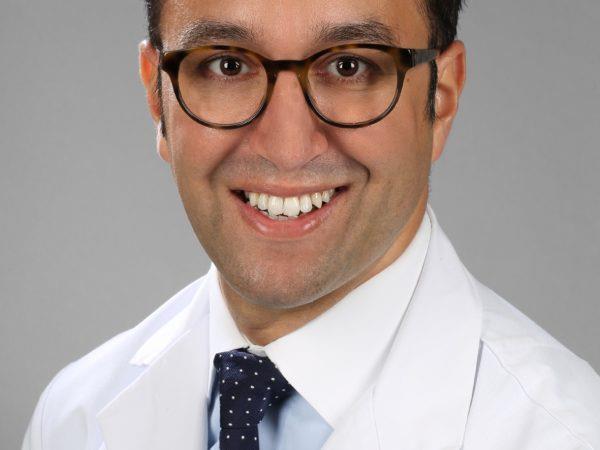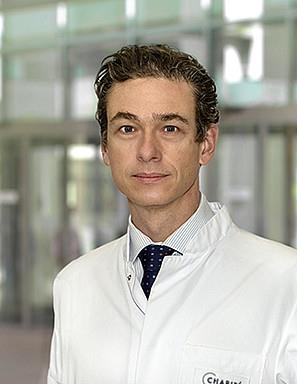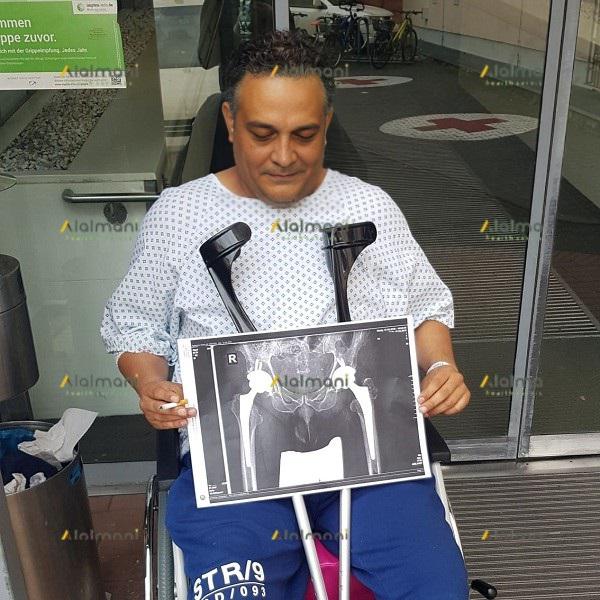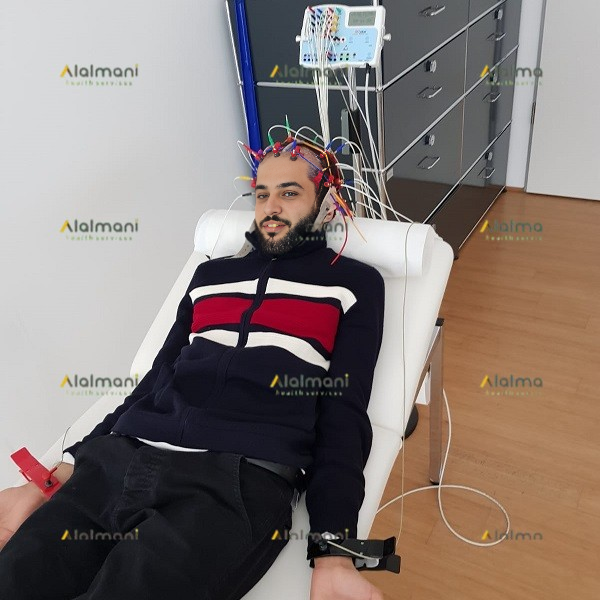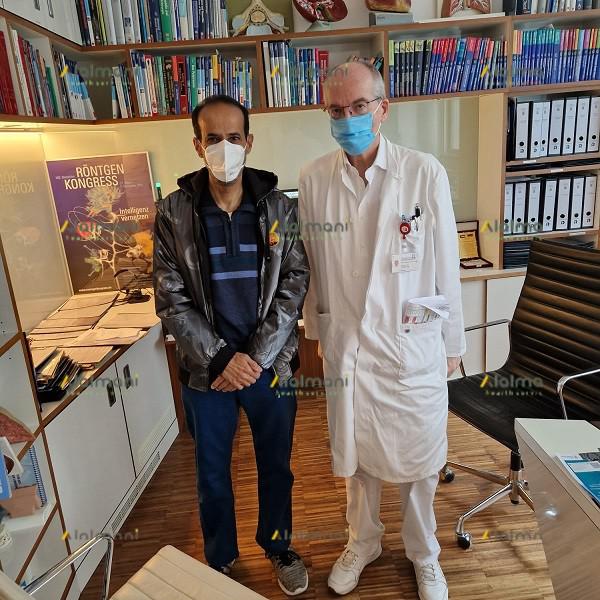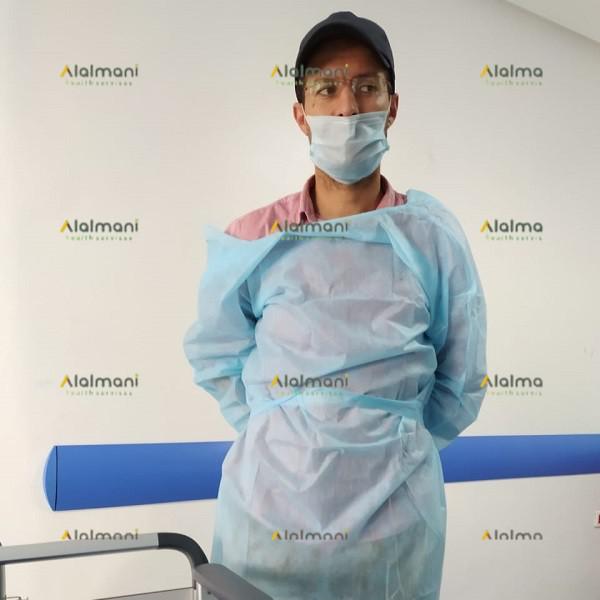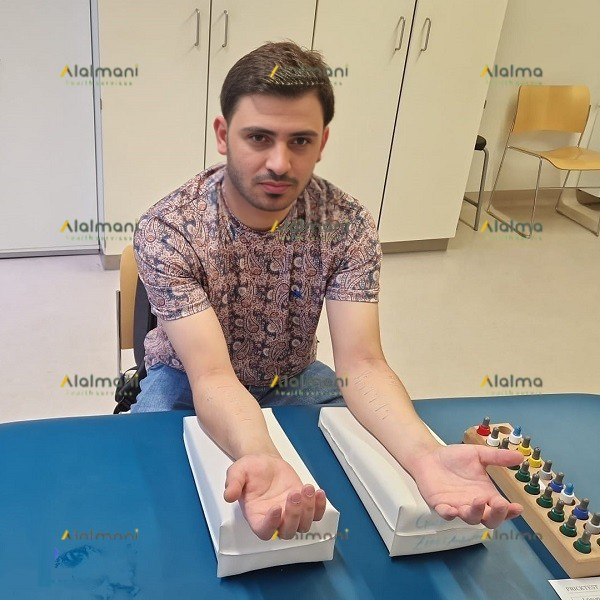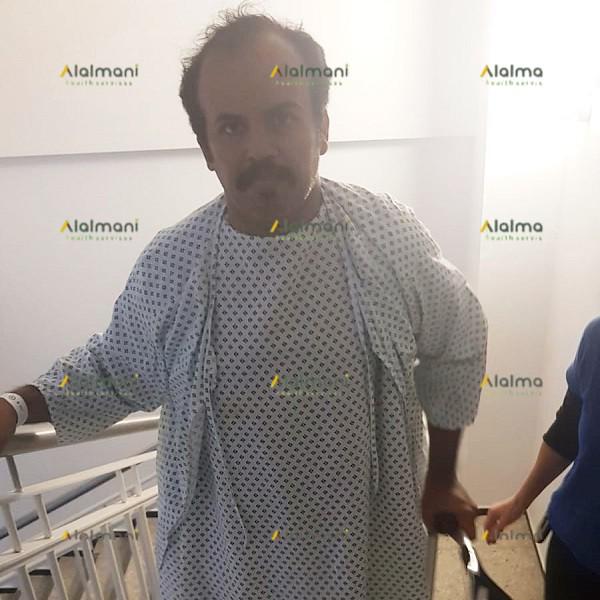Treatment of hypophysenadenom (pituitary tumor) in Germany
The best hospitals for hypophysenadenom (pituitary tumor) treatment in Germany are listed below. The rank is based on multiple factors, including price, quality of the doctors, cost of treatment and the success rate from our user reviews.
Treatment costs in Germany
| Diagnosis of Hypophysenadenom (pituitary tumor) | €1.635 | |
| Endoscopic transnasal transsphenoidal surgery for Hypophysenadenom | €24.263 | |
| Treatment of Hypophysenadenom by Radiation therapy | €25.460 |
Best Hospitals
Hôpital Nordwest Francfort-sur-le-Main
Département de neurochirurgie et de chirurgie de la colonne vertébrale
Le Département de Neurochirurgie et de Chirurgie Spinale de l'Hôpital Nordwest Frankfurt am Main est composé de 3 médecins, 15 infirmières et traite environ 773 patients hospitalisés par an. La clinique spécialisée propose les services médicaux suivants pour ses patients : Chirurgie ...



Hôpital universitaire de Fribourg
Département de neurochirurgie
Le département de neurochirurgie de l'hôpital universitaire de Fribourg compte 60 médecins, 115 infirmières et infirmiers, et traite environ 3735 patients hospitalisés par an. La clinique spécialisée propose les services médicaux suivants à ses patients : Chirurgie des troubles de la ...
Institut international de neurosciences
Département de neurochirurgie
Le Département de Neurochirurgie de l'Institut International des Neurosciences se compose de 9 médecins, 16 infirmières et traite environ 835 patients hospitalisés par an. La clinique spécialisée propose les services médicaux suivants pour ses patients : Chirurgie pour les troubles de la ...

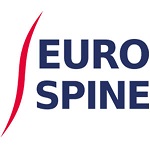


Hôpital universitaire Rechts der Isar
Département de neurochirurgie
Le département de neurochirurgie de l'hôpital universitaire Rechts der Isar se compose de 25 médecins, 96 infirmières et infirmiers, et traite environ 2867 patients hospitalisés par an. La clinique spécialisée propose les services médicaux suivants à ses patients : Chirurgie ...

Hôpital universitaire d'Ulm
Département de neurochirurgie
Le Département de Neurochirurgie de l'Hôpital Universitaire d'Ulm est composé de 31 médecins, 76 infirmières et traite environ 2679 patients hospitalisés par an. La clinique spécialisée propose les services médicaux suivants pour ses patients : Chirurgie des troubles de la douleur ...


Hôpital universitaire de Mayence
Département de neurochirurgie et de chirurgie de la colonne vertébrale
Le Département de Neurochirurgie et de Chirurgie de la Moelle épinière de l'Hôpital Universitaire de Mayence est composé de 22 médecins, 53 infirmières et traite environ 2975 patients hospitalisés par an. La clinique spécialisée propose les services médicaux suivants pour ses patients ...



Hôpital universitaire de Bonn
Département de neurochirurgie
Le département de neurochirurgie de l'hôpital universitaire de Bonn se compose de 25 médecins, 83 infirmières et infirmiers, et traite environ 2149 patients hospitalisés par an. La clinique spécialisée propose les services médicaux suivants à ses patients : Diagnostic et traitement des ...


Centre médical universitaire de la Sarre
Département de neurochirurgie
Le département de neurochirurgie du Centre médical universitaire de la Sarre compte 29 médecins, 93 infirmières et infirmiers, et traite environ 2735 patients hospitalisés par an. La clinique spécialisée propose les services médicaux suivants à ses patients : Chirurgie des tumeurs ...



Hôpital universitaire Ludwig Maximilian
Département de neurochirurgie
Le département de neurochirurgie de l'hôpital de l'université Ludwig Maximilian est un service médical spécialisé qui se concentre sur le diagnostic, le traitement et la prise en charge des affections affectant le cerveau, la colonne vertébrale et le système nerveux. Le département est ...


Hôpital universitaire de Tübingen
Département de neurochirurgie adulte et pédiatrique
Le Département de Neurochirurgie pour Adultes et Pédiatrique de l'Hôpital Universitaire de Tübingen est composé de 30 médecins, 34 infirmières et traite environ 3171 patients hospitalisés par an. La clinique spécialisée propose les services médicaux suivants pour ses patients ...


Hôpital universitaire Francfort-sur-le-Main
Département de neurochirurgie
Le département de neurochirurgie de l'hôpital universitaire de Francfort-am-Main se compose de 35 médecins, 38 infirmières et infirmiers, et traite environ 1780 patients hospitalisés par an. La clinique spécialisée propose les services médicaux suivants à ses patients ...


Hôpital universitaire de Mannheim
Département de neurochirurgie
Le Département de Neurochirurgie de l'Hôpital Universitaire de Mannheim se compose de 26 médecins, 32 infirmières et traite environ 1453 patients hospitalisés par an. La clinique spécialisée propose les services médicaux suivants pour ses patients : Chirurgie des troubles de la douleur ...



Charité - Hôpital universitaire de Berlin
Département de neurochirurgie
Le département de neurochirurgie de l'hôpital universitaire Charité de Berlin se compose de 42 médecins, 91 infirmières et infirmiers, et traite environ 4678 patients hospitalisés par an. La clinique spécialisée propose les services médicaux suivants à ses patients : Soins aux ...


Hôpital universitaire de Heidelberg
Département de neurochirurgie
Le département de neurochirurgie de l'hôpital universitaire de Heidelberg se compose de 34 médecins, 87 infirmières et infirmiers, et traite environ 2495 patients hospitalisés par an. La clinique spécialisée propose les services médicaux suivants à ses patients : Traitement ...
Hôpital Helios Wiesbaden
Département de neurochirurgie
Le Département de Neurochirurgie de l'Hôpital Helios de Wiesbaden se compose de 10 médecins, 16 infirmières et traite environ 981 patients hospitalisés par an. La clinique spécialisée propose les services médicaux suivants pour ses patients : Chirurgie des troubles de la douleur ...
Testimonials
Jose A.
ÉquateurJose A. de l’Équateur en 2024 à l’hôpital Rotkreuz de Francfort am Main
Ahmed D.
KoweïtAhmed D. du Koweït en 2024 à la Clinique Beta de Bonn
Abdulrahman k.
OmanAbdulrahman K. d’Oman en 2023 à l’Hôpital universitaire de Francfort am Main
Ibrahim M.
ÉgypteIbrahim M. d’Égypte en 2024 à l’Hôpital universitaire de Francfort am Main
Khalid S.
AlgérieKhalid S. de l’Algérie en 2024 à l’Hôpital universitaire Ludwig Maximilian
Talal A.
Arabie saouditeTalal A. d’Arabie saoudite en 2024 à l’hôpital universitaire de Francfort am Main
Mohamed A.
Arabie saouditeMohamed A. d’Arabie saoudite en 2023 à l’hôpital Nordwest de Francfort am Main
Ali R.
OmanAli R. d’Oman en 2024 à l’Hôpital universitaire de Francfort am Main
Omar M.
LibyeOmar M. de Libye en 2024 à l’hôpital universitaire de Francfort am Main
Jacob S.
Arabie saouditeJacob S. d’Arabie saoudite en 2023 à l’hôpital Rotkreuz de Francfort am Main
Hypophysenadenom (pituitary tumor)
Hypophysenadenom, also known as pituitary tumor, is a growth or mass that develops in the pituitary gland, which is located at the base of the brain. The pituitary gland produces hormones that regulate various bodily functions, including growth, metabolism, and reproduction.
Diagnosis of hypophysenadenom (pituitary tumor)
Hypophysenadenom, also known as pituitary tumor, is typically diagnosed through a combination of medical history, physical examination, and diagnostic tests. The following are common methods used to diagnose this condition:
1. Medical history and physical examination: Your healthcare provider will ask about your symptoms and medical history, and will conduct a physical examination to look for signs of a pituitary tumor, such as vision changes, headaches, or abnormal hormone levels.
2. Blood tests: Blood tests may be used to measure hormone levels in your body, which can help identify imbalances caused by a pituitary tumor.
3. Imaging tests: Imaging tests, such as MRI or CT scans, can help visualize the pituitary gland and detect the presence of a tumor.
4. Visual field testing: Visual field testing may be performed to evaluate the extent of any vision changes caused by the tumor.
5. Biopsy: A biopsy, which involves removing a small sample of tissue from the tumor for analysis, may be performed in some cases to confirm the diagnosis and determine the type of tumor.
Treatment of hypophysenadenom (pituitary tumor)
The treatment for hypophysenadenom depends on the size and type of tumor, as well as the symptoms it is causing. Treatment options may include:
1. Medication: Some types of hypophysenadenom can be treated with medication that can shrink or slow the growth of the tumor. For example, dopamine agonists may be used to treat prolactin-secreting tumors.
2. Surgery: Surgery may be recommended to remove the tumor if it is large, causing symptoms, or not responding to medication. Surgery may be performed through the nose or through an opening in the skull.
3. Radiation therapy: Radiation therapy may be used to shrink or destroy the tumor, particularly if surgery is not an option or the tumor has returned after surgery.
Costs for the treatment of hypophysenadenom (pituitary tumor) in Germany
The cost of treating hypophysenadenom (pituitary tumor) in Germany can vary depending on various factors such as the type and stage of the tumor, the treatment approach, the hospital, and the length of hospital stay.
The best hospitals for hypophysenadenom (pituitary tumor) treatment in Germany
There are several hospitals in Germany that specialize in the treatment of hypophysenadenom (pituitary tumor) and have a good reputation for providing high-quality care. Some of the top hospitals for this condition include:
1. University Hospital Frankfurt – Department of Neurosurgery
2. University Hospital Heidelberg – Department of Neurosurgery
3. University Hospital Essen – Department of Neurosurgery
4. University Hospital Hamburg-Eppendorf – Department of Neurosurgery
5. University Hospital Tübingen – Department of Neurosurgery
